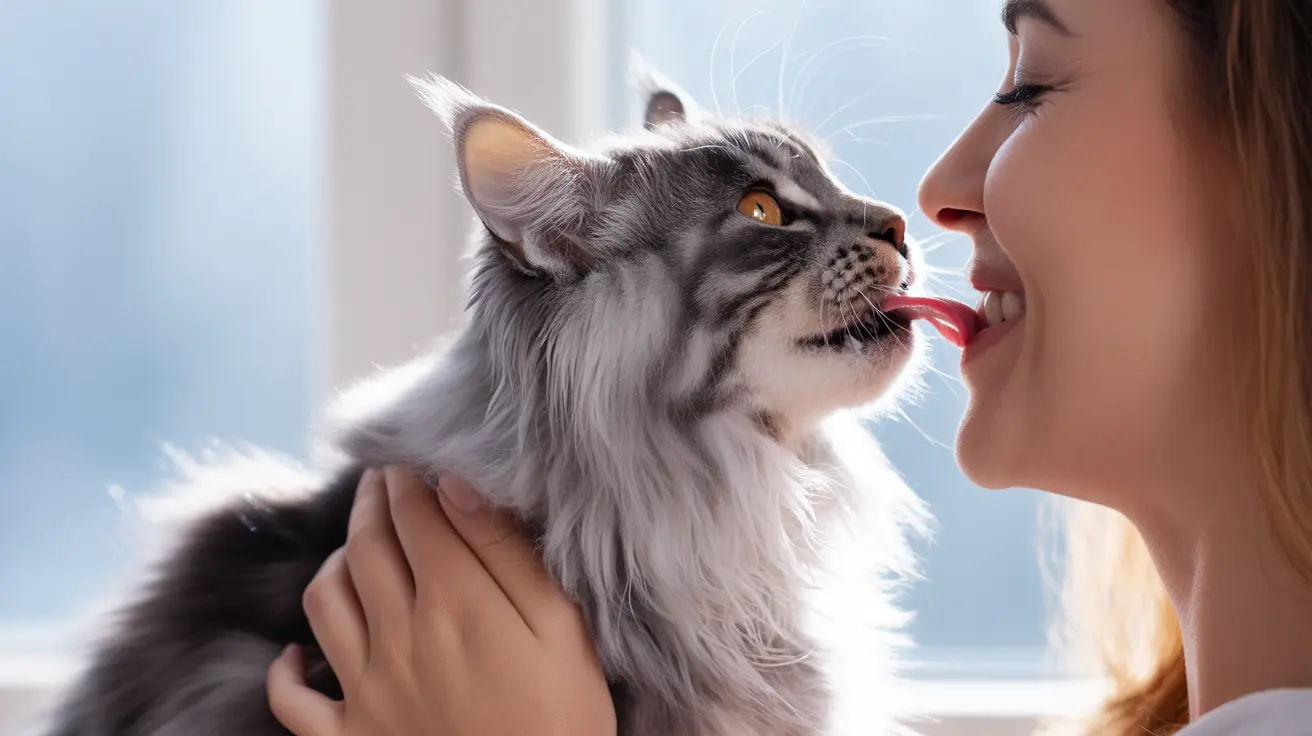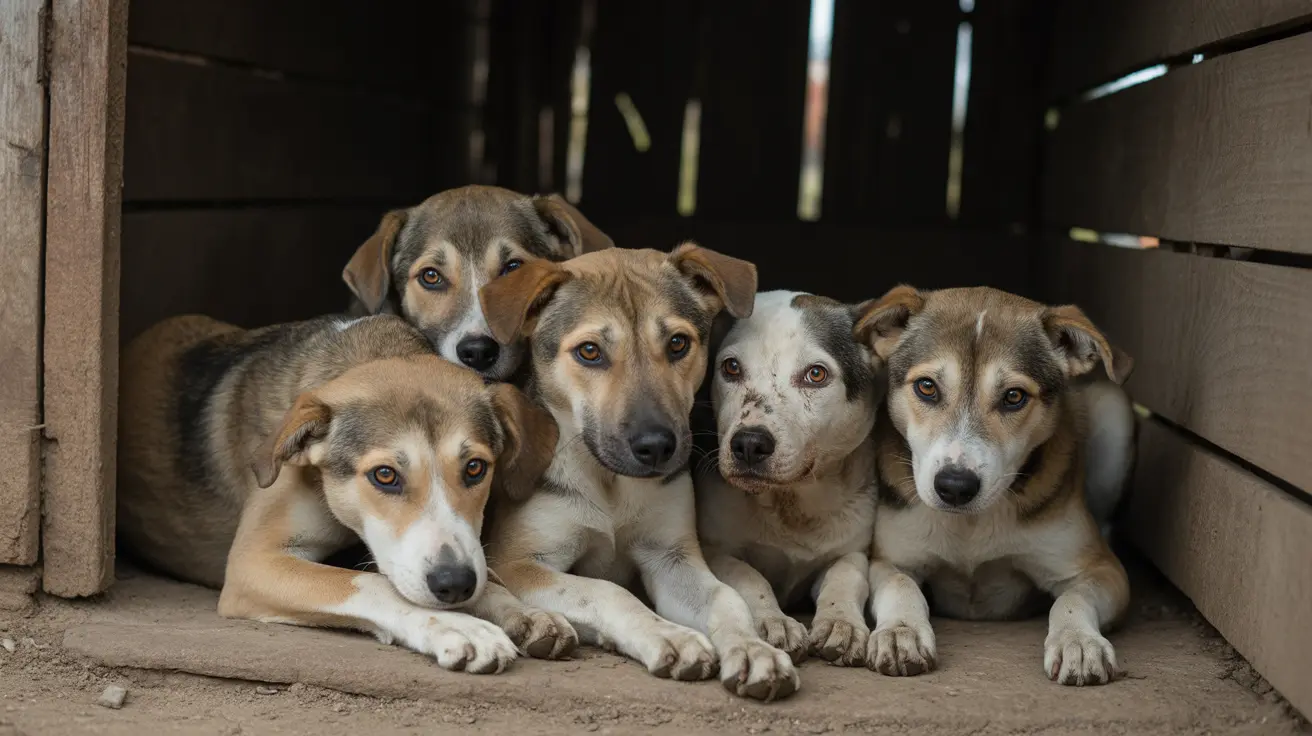The Maternal Connection: Origins of Face Licking
Face licking behavior originates from kittenhood, where mother cats groom their young to provide comfort, maintain hygiene, and strengthen familial bonds. When your adult cat licks your face, they're often recreating this nurturing behavior, viewing you as part of their family unit.
Research shows that kittens who maintain this grooming behavior into adulthood often form stronger emotional connections with their human caregivers, displaying higher levels of social confidence and adaptability.
Social Bonding and Territory Marking
When your cat licks your face, they're engaging in what behaviorists call "allogrooming" – a social grooming behavior that serves multiple purposes. This act deposits their scent on you through special glands around their mouth, effectively marking you as part of their territory.
Additionally, face licking represents a significant display of trust. In feline society, exposing vulnerable areas like the face only occurs between cats who share strong social bonds. Your cat's willingness to engage in this behavior indicates they consider you a trusted family member.
Health and Emotional Signals
While face licking is typically normal behavior, changes in frequency or intensity can signal underlying issues. A sudden increase in licking might indicate:
- Anxiety or stress
- Medical conditions
- Attention-seeking behavior
- Compulsive disorders
Monitoring these patterns helps ensure your cat's physical and emotional well-being remains optimal.
When Face Licking Becomes Excessive
Although face licking is generally harmless, excessive licking might require intervention. Watch for signs like:
- Obsessive or compulsive licking
- Aggressive behavior during licking
- Signs of anxiety or distress
- Changes in normal grooming patterns
If you notice these behaviors, consulting with a veterinarian can help identify and address any underlying issues.
Managing Face Licking Behavior
If your cat's face licking becomes problematic, several strategies can help modify the behavior:
- Provide alternative forms of interaction
- Establish consistent boundaries
- Ensure adequate environmental enrichment
- Address potential stress triggers
- Maintain regular veterinary check-ups
Frequently Asked Questions
Why does my cat lick my face—does it show affection or something else?
Cat face licking primarily indicates affection and social bonding, similar to how mother cats groom their kittens. However, it can also signal other needs or emotions, including attention-seeking or stress relief.
Can my cat licking my face be a way of marking me as their territory?
Yes, cats have scent glands around their mouths, and licking transfers their scent to you, effectively marking you as part of their territory and family group.
Is it normal for cats to lick my face to get my attention or comfort themselves?
This is perfectly normal behavior. Cats often use licking as both an attention-seeking mechanism and a self-soothing technique when they need comfort or reassurance.
Could excessive face licking by my cat indicate stress or a health problem?
Yes, sudden increases in face licking or compulsive licking behavior can indicate stress, anxiety, or underlying health issues. If you notice significant changes in this behavior, consult your veterinarian.
How can I stop my cat from licking my face if the behavior becomes bothersome?
You can redirect your cat's attention to toys or treats, establish gentle boundaries, and ensure they have enough environmental enrichment. Never punish the behavior, as this can damage your bond and create anxiety.
Conclusion
Face licking is a natural, instinctive behavior that typically indicates trust, affection, and social bonding. While usually harmless, being attentive to changes in this behavior helps ensure your cat's continued health and happiness. Understanding and appropriately responding to this unique feline expression strengthens the special bond between you and your furry companion.






